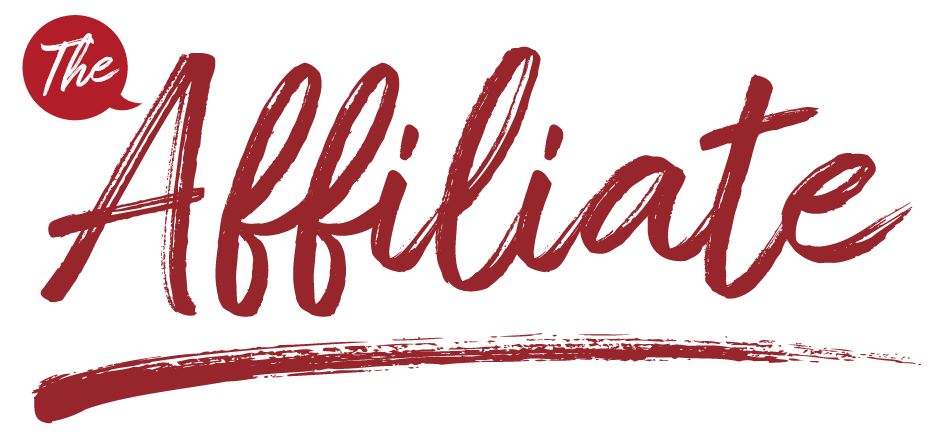The powerful voice of credit unions across the country made toxic a proposal by the Biden Administration and Democrats on Capitol Hill to require credit unions and other financial institutions to annually report to the IRS the gross deposits and withdrawals on every personal and business account held at the credit union. Politico, an influential Beltway publication, recognized the advocacy efforts conducted by the Credit Union National Association (CUNA) and the state leagues that helped lead to the proposal being left out of the infrastructure reconciliation bill’s text. “Despite the proposal being left out of the initial text of the bill, we are not out of the woods as the proposal could be reinserted anytime during the congressional process,” said Brandon Luetkenhaus, Chief Advocacy Officer at the Nebraska Credit Union League.
Over five-thousand Nebraska credit union members contacted Nebraska’s Congressional Delegation urging them to oppose the proposal. “This issue has raised the ire of credit unions and their members unlike any issue we have seen in some time,” said Luetkenhaus. “It’s become clear that this issue has united Americans in a way that not many issues can,” he said.
Nationwide, CUNA reported that they have tracked more than eight hundred thousand direct contacts from credit union members into Capitol Hill opposing the proposal. CUNA and the League have credited the Member Activation Program (MAP) created by CUNA that aims to educated credit union members and urges them to take-action for the success, thus far, in the campaign to oppose the proposal.
The proposal has spurred the introduction of bills on Capitol Hill that would prohibit such reporting to the IRS. Nebraska’s three Congressmen have co-signed the House’s version H.R. 5586, the Prohibiting IRS Financial Surveillance Act at the urging of the League and credit union advocates. Senator Ben Sasse has co-signed the Senate’s version and Senator Deb Fischer has co-signed a bill that in part prohibits the IRS from establishing any new banking reporting requirements.
CUNA and the League have cautioned that the legislative process for the infrastructure reconciliation bill is not over and that the proposal could come back to life at any time during that process.


